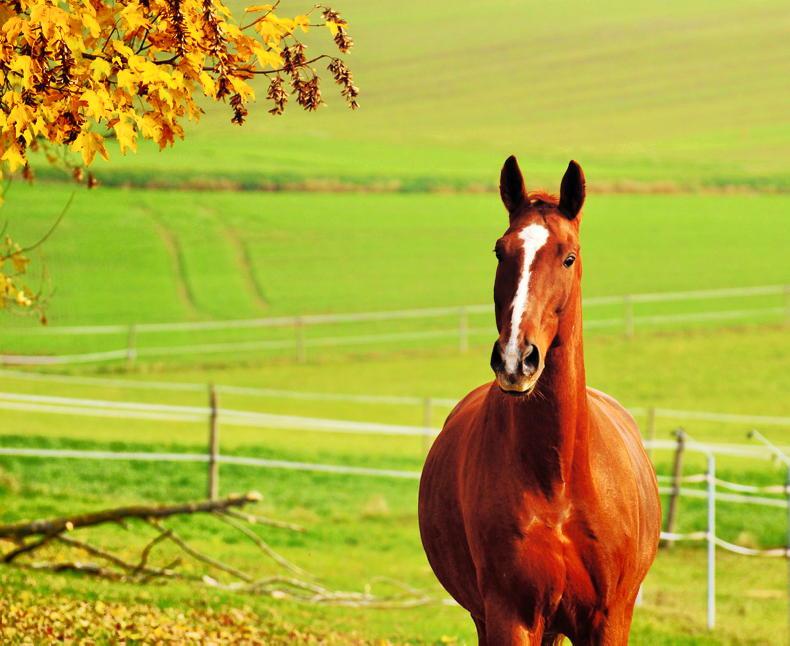Laminitis is a painful and potentially crippling disease that can be fatal to equines.
There are several different factors that can cause laminitis in horses.
Animals that are overweight or have suffered previously from laminitis are particularly vulnerable to the disease.
A dramatic change in environment and/or frequent travelling, particularly for overweight animals, can trigger laminitis. Mares are also at risk shortly after foaling because of the additional physical stress.
Horse owners must be careful to ensure they do not overfeed their horses. As grass becomes richer at this time of year, a close eye must be kept on equines, particularly ponies who may already be carrying excess weight.
Excess weight adds an increased strain on the horse’s vital organs as well as its limbs. It’s important for all horse owners to remember that the native breeds can live on average pasture very easily and can become overweight very quickly if allowed to graze rich pasture.
Monitor
Horse owners should monitor their horses’ diets carefully. Feed companies can give advice on the best products to feed individual horses. Horse owners should remember to feed in accordance to their horse’s age, temperament, workload and breed.
Follow the rule of feeding little and often. This mimics the horse’s natural feeding pattern and will help keep the digestive system working correctly. It will also satisfy the horse’s need to chew and prevents boredom.
Strip grazing is an effective way to restrict grass intake. Use an electric tape to section off the field and move the tape as the grass gets eaten down. Ponies can survive on very little.
Grass is very high in soluble carbohydrates (fructans), which can lead to laminitis if ingested in large amounts, especially in spring and autumn.
Sometimes turning a horse out at night and bringing it in during the day can help as there are lower fructans in the grass at night. This is also a handy tip if your horse or pony suffers with sweet itch.
Turn out a group of ponies that need the same management together. This will minimise stress, keep them occupied and allow them to carry out normal behaviours while still being restricted. This will also prevent depression. Always turn horses out with at least one companion.
Turning out in a group will also encourage your horse or pony to move more as, if they are turned out alone, they may not run around the paddock as much.
Maintain a good exercise programme to prevent obesity.
Keep on top of your hoof care and farrier visits. This will ensure that the foot is in the best possible condition to prevent laminitis.
Feed supplements can be given to promote good hoof growth.
Laminitis is a very painful and debilitating disease. As with everything, prevention is always better than cure.
If you are worried about your horse or pony, work closely with your vet, farrier and an equine nutritionist to come up with the best possible management plan.





SHARING OPTIONS